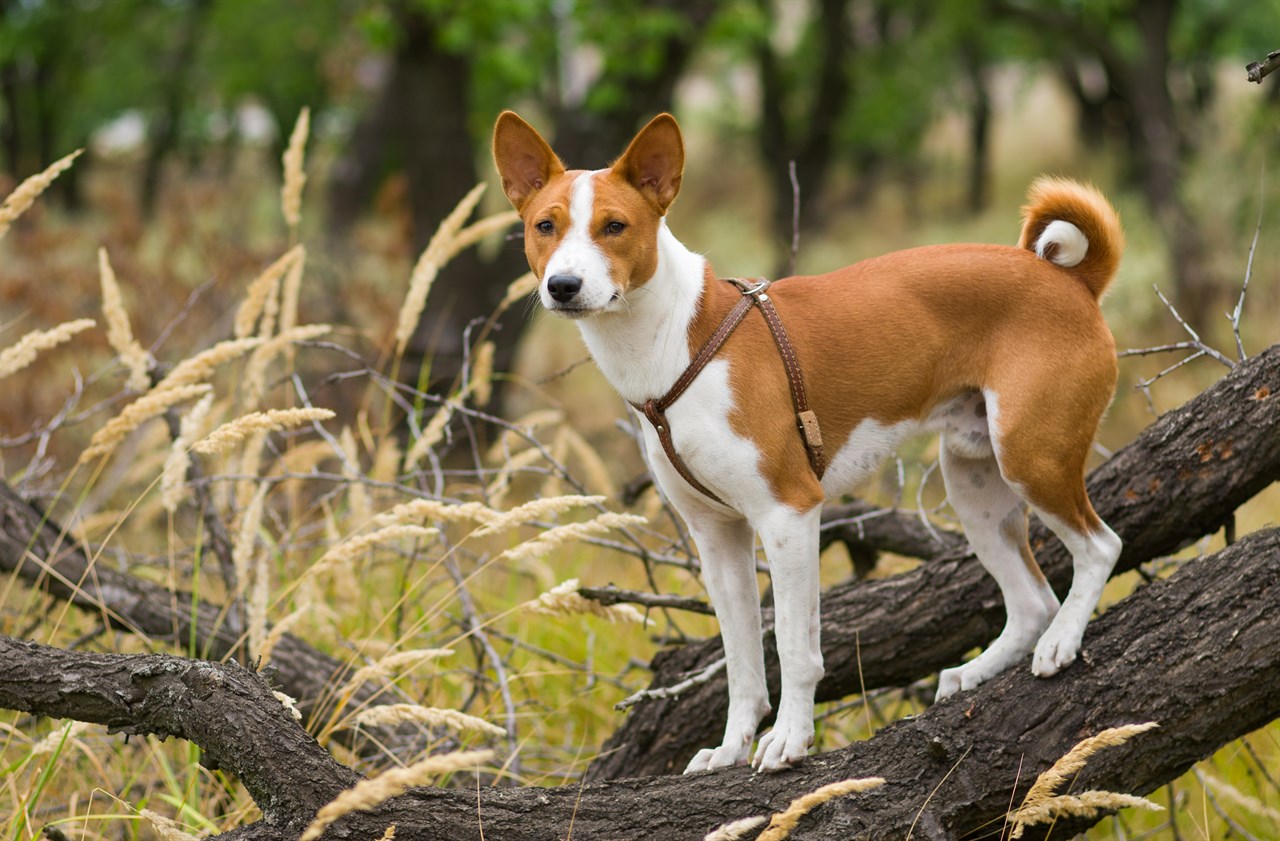The Disadvantages of Owning a Basenji

While Basenjis are unique and charming dogs, they also come with certain disadvantages that potential owners should consider. These disadvantages can vary depending on an individual's lifestyle and preferences. Here are some common drawbacks to owning a Basenji.
Independence and Stubbornness
Basenjis are known for their independent nature and can be stubborn at times. This can make training more challenging, especially for first-time dog owners.
Exercise Requirements
Basenjis have high exercise needs and require daily physical activity and mental stimulation. Failing to meet their exercise requirements can lead to boredom and undesirable behaviours.
Vocalisations
Basenjis are not completely silent dogs, despite the misconception that they don't bark. They are known for their unique vocalisations, including "barroo" sounds, which some people may find noisy or unusual.
Escape Artists
Basenjis have a strong prey drive and are known to be skilled escape artists. They can easily jump over fences or dig under them, making secure containment essential.
Not Ideal for Very Young Children
Their independent nature and need for personal space may not make them the best choice for families with very young children who may not understand how to interact with dogs.
Potential for Separation Anxiety
Basenjis can form strong bonds with their owners and may be prone to separation anxiety when left alone for extended periods.
Grooming Needs
While Basenjis are a low-shedding breed, they have specific grooming needs. They are meticulous self-groomers, but regular brushing and occasional bathing are still necessary.
Prone to Certain Health Issues
Basenjis can be prone to specific health issues such as Fanconi Syndrome, Progressive Retinal Atrophy (PRA), and hip dysplasia, which can result in medical expenses and concerns.
Challenging House Training
House training Basenji puppies can be more challenging due to their stubborn nature and inclination to be clean. It may take patience and consistency.
Need for Socialisation
Basenjis require early and ongoing socialisation with other dogs and people to prevent shyness or aggression toward unfamiliar individuals or animals.
What is the one thing that a Basenji Cannot do that other dogs can?
One unique trait of Basenjis is their inability to bark in the traditional sense. While they can make a variety of vocalisations, they do not have the typical "bark" that many other dog breeds exhibit. Instead, they produce sounds such as yodels, howls, and "barroos," which can be charming to some but may not serve as a traditional watchdog alert.
What are the disadvantages of a Basenji?
The disadvantages of owning a Basenji include their independent nature, exercise requirements, vocalisations, potential for escape, not being ideal for very young children, potential for separation anxiety, grooming needs, susceptibility to certain health issues, challenging house training, and the need for socialisation. It's essential for prospective Basenji owners to carefully consider these factors and assess whether they align with their lifestyle and preferences before bringing one into their home.